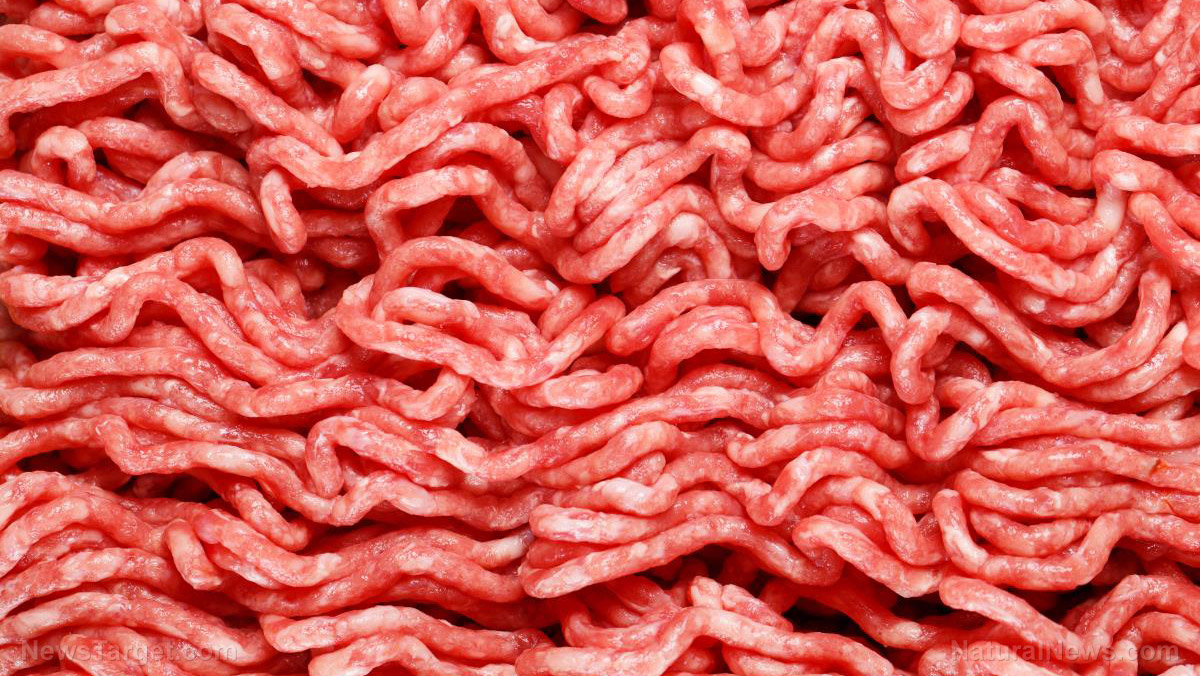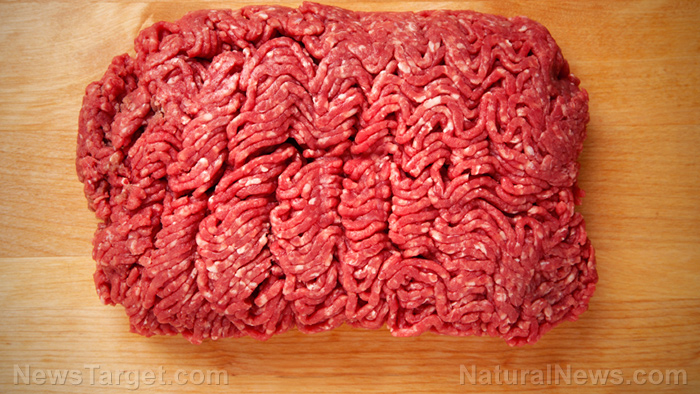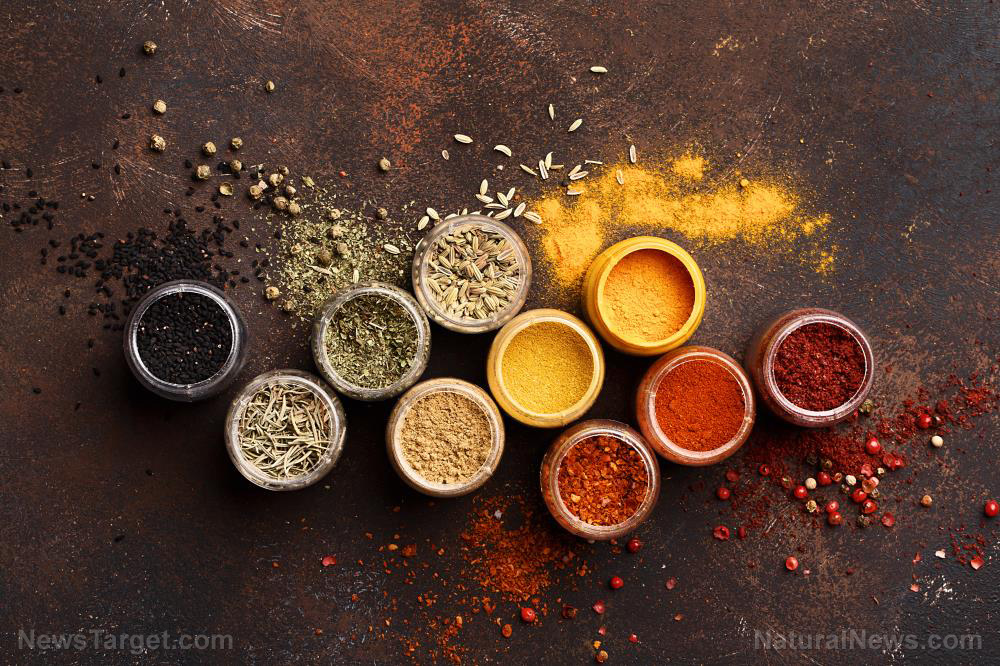
Despite the recent drop in sales of fake meat, the entire fake food industry is still expected to grow, with some experts suggesting the entire market could be worth up to $3 trillion.
This is according to management consulting firm McKinsey & Company, which claimed that as much as 60 percent of all materials inputted into the economy could be produced from biological materials. This includes some of the most popular fake food products in the market today, such as fake meat, fake milk and fake fat. (Related: Fake meat companies are failing as consumers abandon processed plant-based alternatives to real meat.)
"As much as 60 percent of the physical inputs to the global economy could, in principle, be produced biologically – about one-third of these inputs are biological materials (wood or animals bred for food) and the remaining two-thirds are nonbiological (plastics or fuels) but could potentially be produced or substituted using biological materials," wrote the firm in its report.
The report further noted that there are already some very prevalent players in the fake meat, milk and fat industries. These include the Bill Gates-backed cultured meat producers Impossible Foods and Beyond Meat, and Perfect Day, which produces synthetically-cultivated dairy alternatives. Gates has also invested heavily in BIOMILQ, a biotech startup creating synthetic lab-made human milk for infant consumption. There is also Cultured Oil, which produces fake cooking oil.
Dr. Joseph Mercola of Children's Health Defense warned that more and more fake food products are likely to enter the market, with corporations and startups hiding the fact that they are selling synthesized food products using industry buzzwords like "precision fermentation."
Human knowledge is under attack! Governments and powerful corporations are using censorship to wipe out humanity's knowledge base about nutrition, herbs, self-reliance, natural immunity, food production, preparedness and much more. We are preserving human knowledge using AI technology while building the infrastructure of human freedom. Use our decentralized, blockchain-based, uncensorable free speech platform at Brighteon.io. Explore our free, downloadable generative AI tools at Brighteon.AI. Support our efforts to build the infrastructure of human freedom by shopping at HealthRangerStore.com, featuring lab-tested, certified organic, non-GMO foods and nutritional solutions.
"They've obliterated the precautionary principle, as the long-term outcomes [of fake food] are completely unknown, to produce fake meats, fake fats and fake milk," warned Mercola. "But it's all serving the underlying agenda, which is total control and world domination. There's no easier way to achieve this than by taking control of the food supply."
Fake meat market still expected to grow despite recent drop in sales
The fake meat industry is expected to remain the leader in the burgeoning fake food market. One report from Facts and Factors, a market research organization, noted that the global fake meat market is expected to grow to $15.8 billion in value by 2028, more than doubling its $7.5 billion value in 2021.
The compounded annual growth rate of the food market is expected to be around 15 percent per year until 2028. The growth is said to be largely driven by concerns about the health impacts associated with meat consumption, especially red and processed meat consumption. These concerns include the increased risk of cardiovascular disease, type 2 diabetes and colorectal cancer.
The synthetic meat industry's biggest market is North America, with burgers made out of lab-grown meat being the leading revenue-generating products. Chicken alternatives have the largest market share.
Over the past year, frozen products have become the most popular fake meat product, accounting for 56.65 percent of total revenue. Soy-based products also have the largest market share of fake meat products at 48 percent, despite an increase in the use of alternative ingredients such as pea protein.
The report further noted that a rise in the number of companies selling fake meat could help speed up the rise in the industry's value. Other factors that can influence growth include mergers, acquisitions, collaborations and joint ventures between companies.
The main factors that could prevent continued growth in the fake meat market are a backlash against lab-grown meats and meat alternatives due to health concerns and if sales continue falling.
This expected growth is still pennies to the size of the Big Food market. The global beef market alone is valued at around $415 billion and is expected to grow up to $604 billion by 2029. But the food sector does appear uncomfortable with the traction that lab-grown and synthetic meats are gaining.
Learn more about the proliferation of fake meat products at FakeMeat.news.
Watch this video from CHD.TV as Dr. Joseph Mercola discusses the dangers of fake meat.
This video is from the What Is Happening channel on Brighteon.com.
More related stories:
Big Food, Big Pharma colluding to keep Americans DIABETIC and OBESE to maximize profits.
Bill Gates bankrolls cancer-causing fake meat.
Immortalized cell lines used in lab-grown meats can cause CANCER.
Bill Gates-backed fake meat companies on the verge of financial collapse.
Sources include:
Please contact us for more information.




















